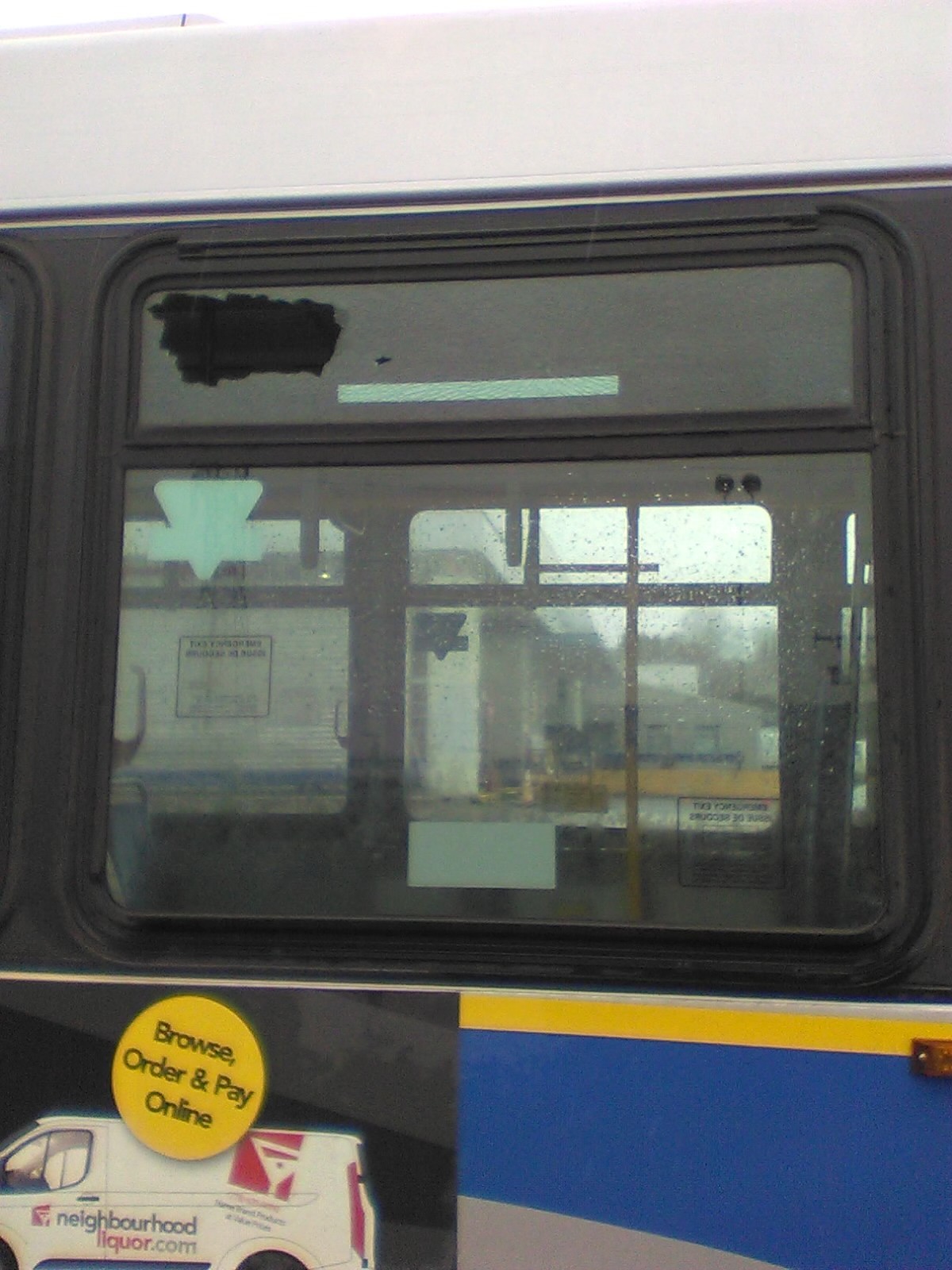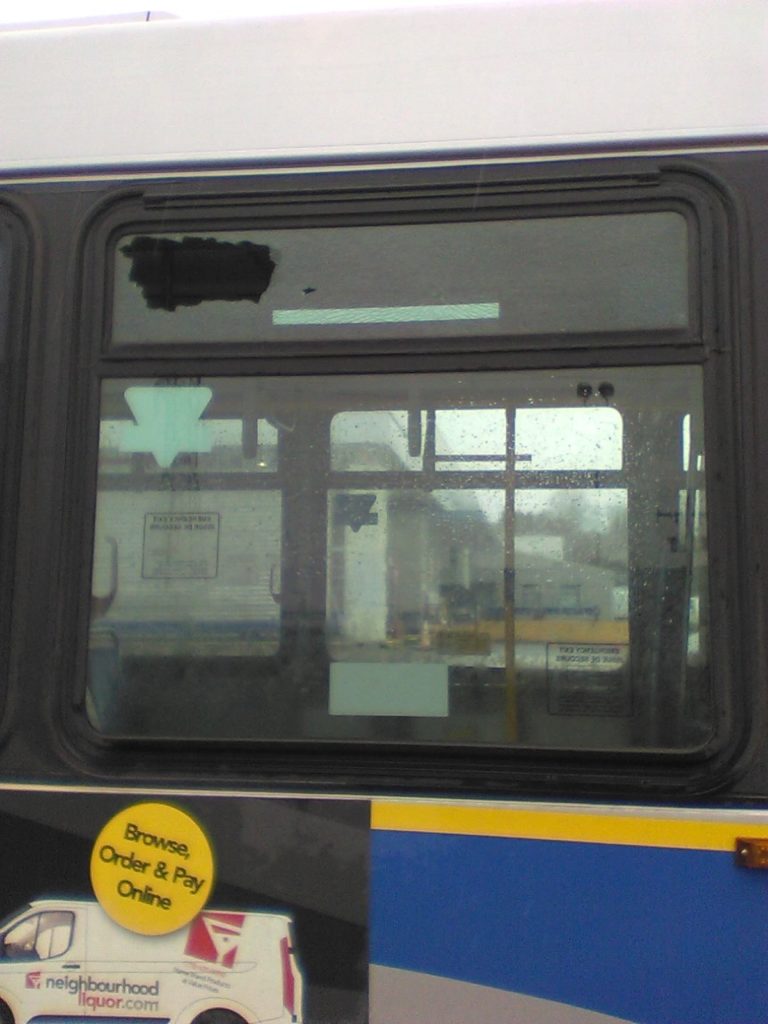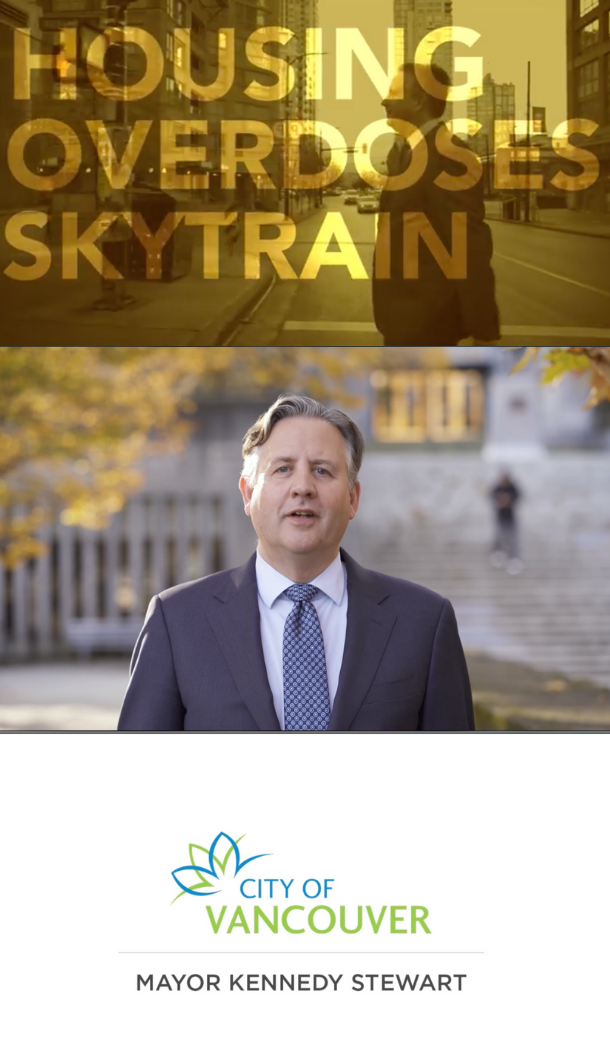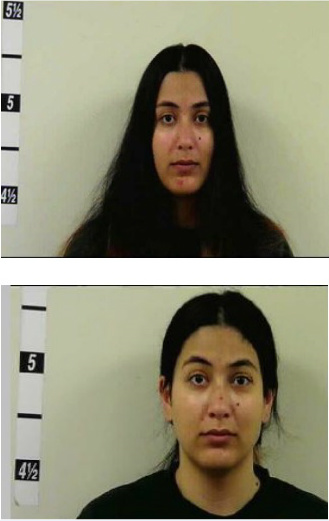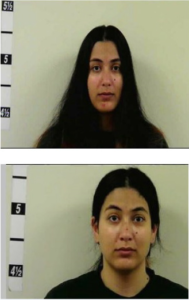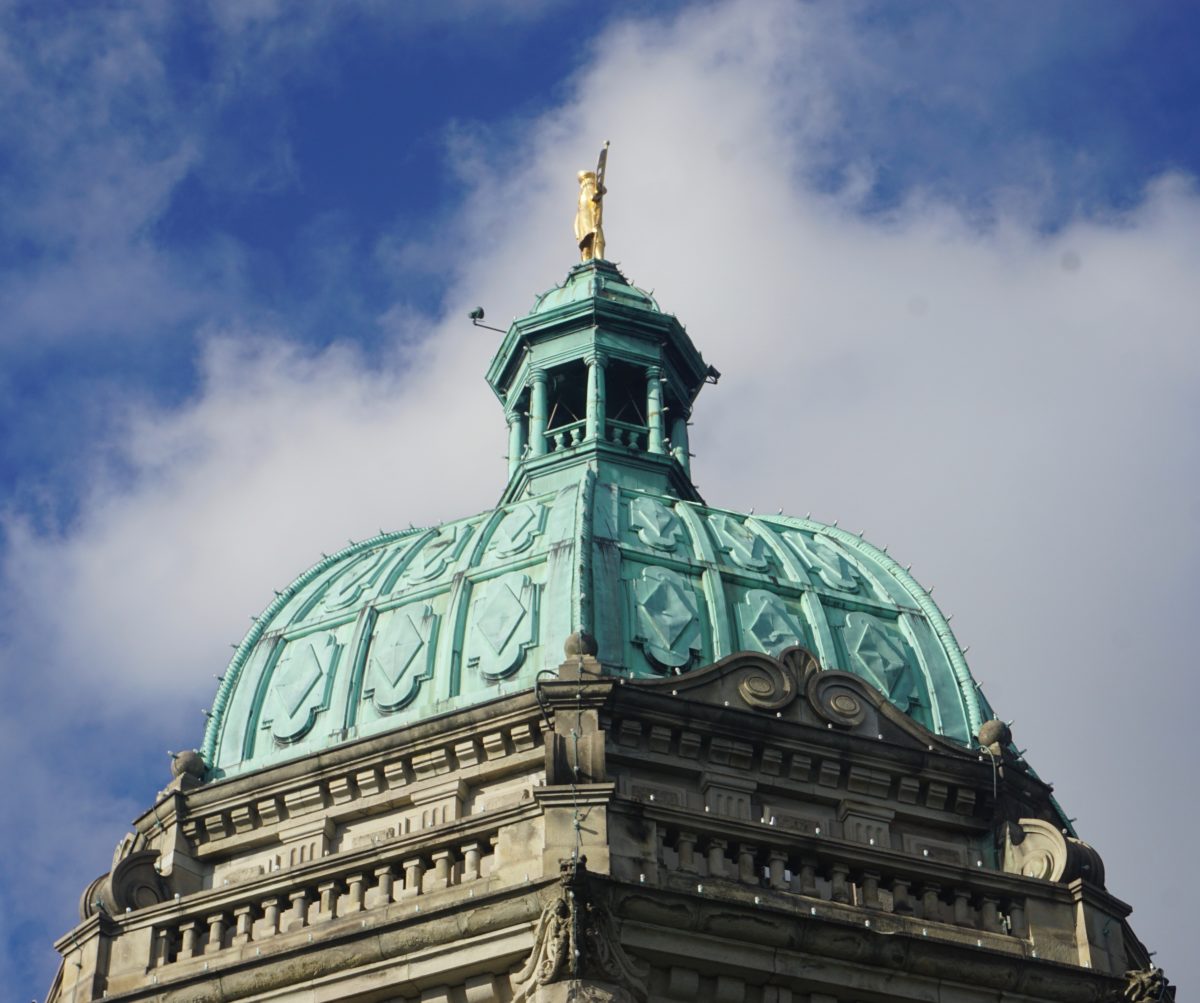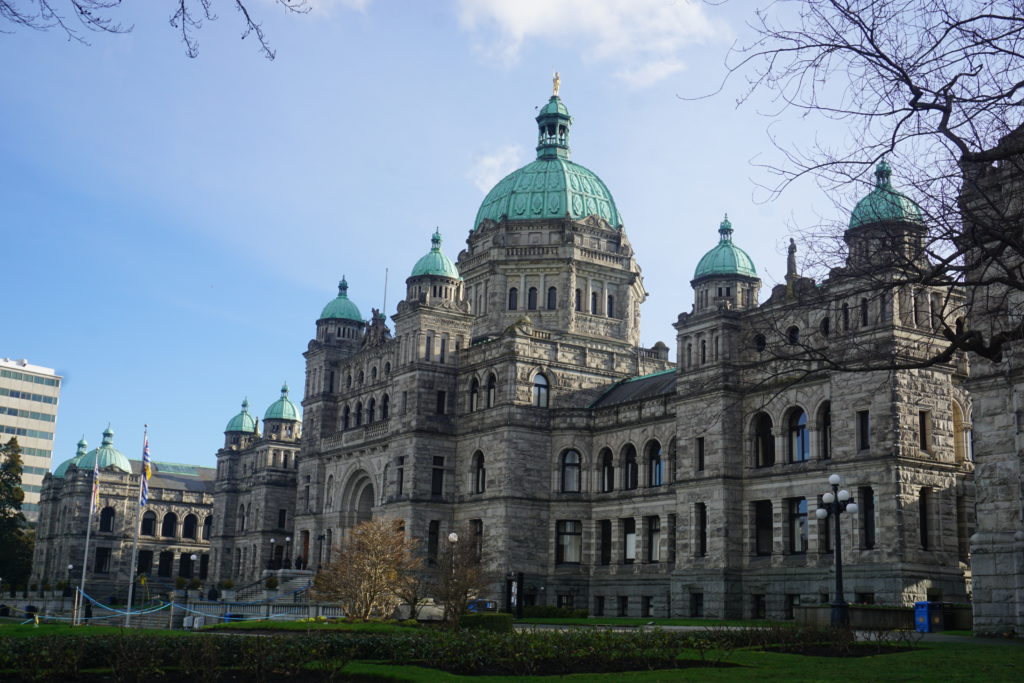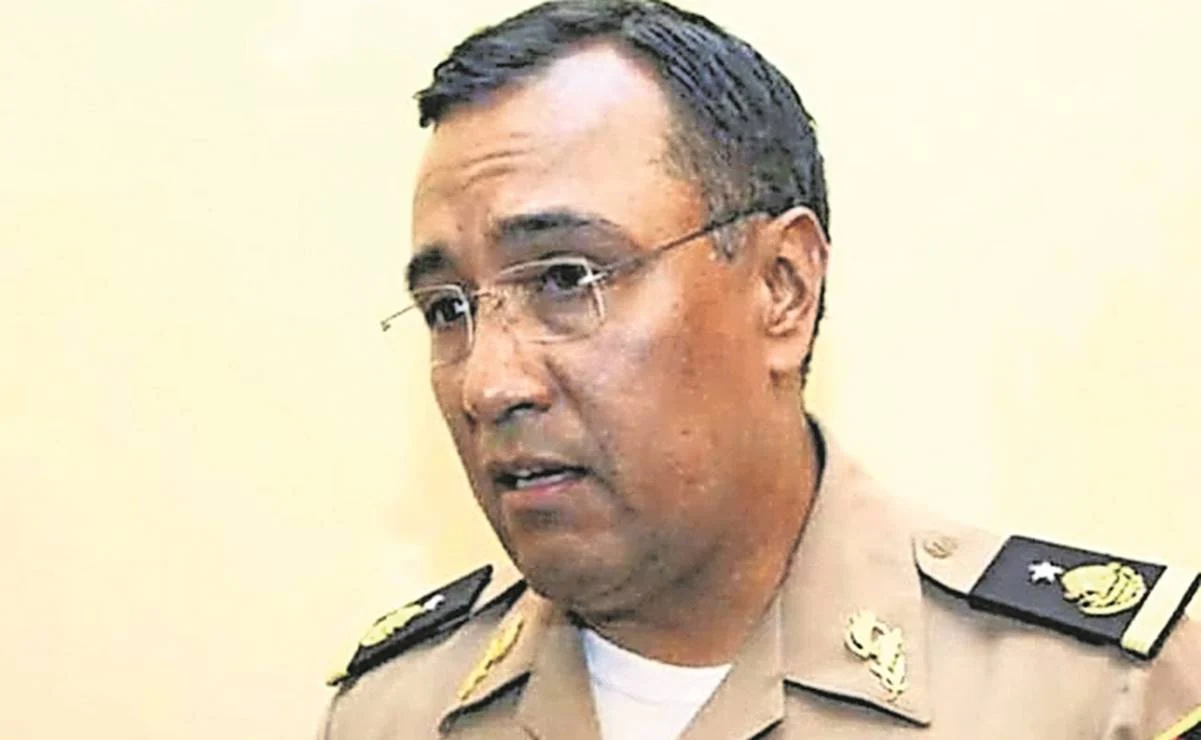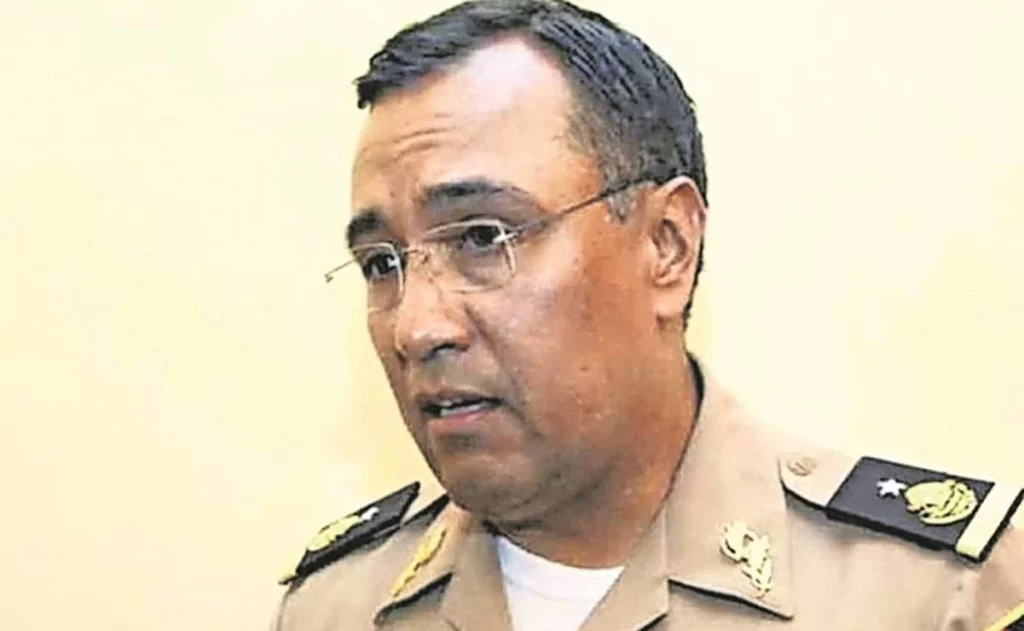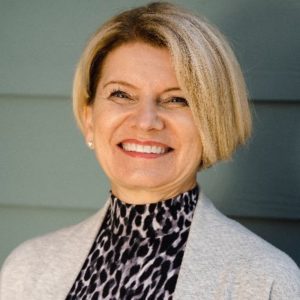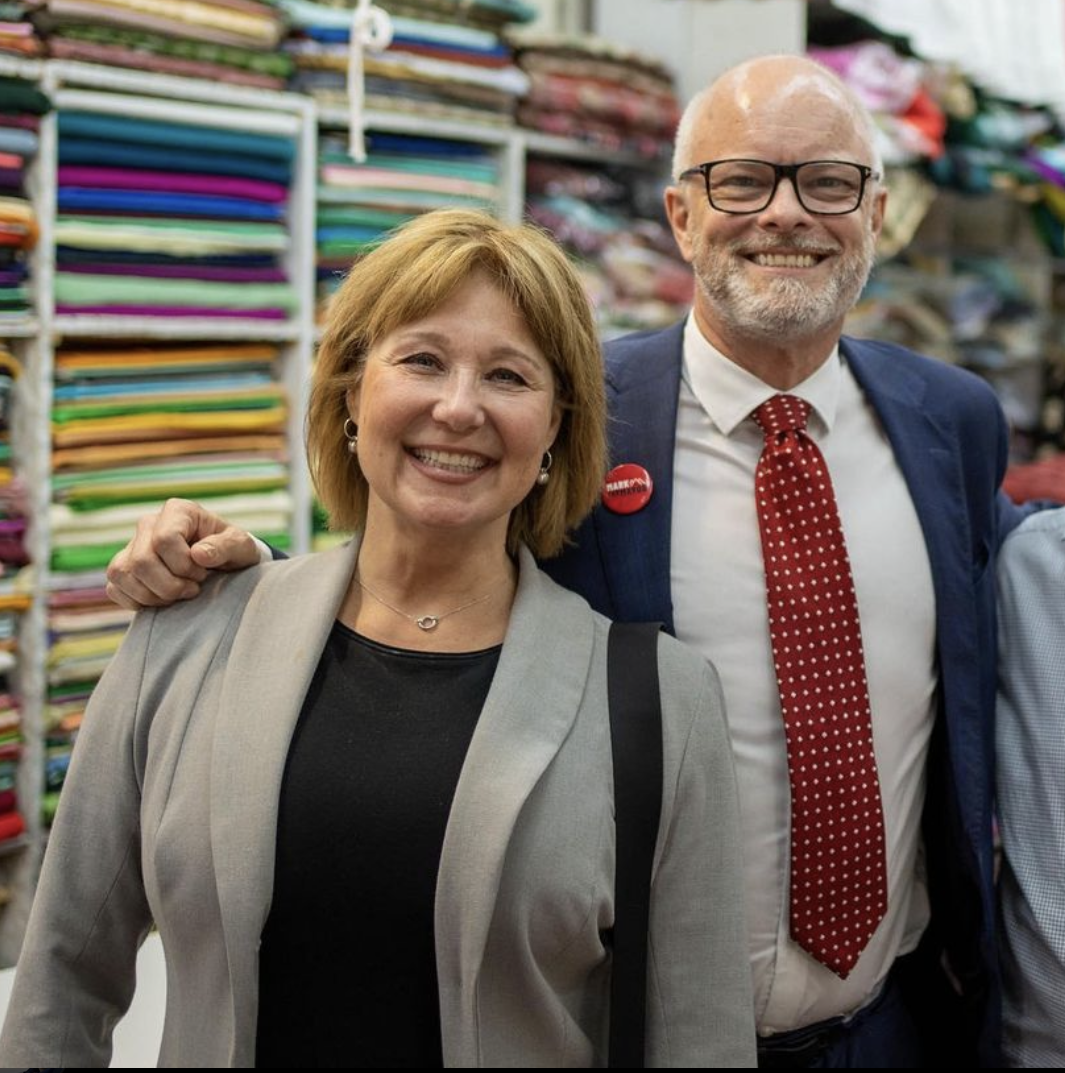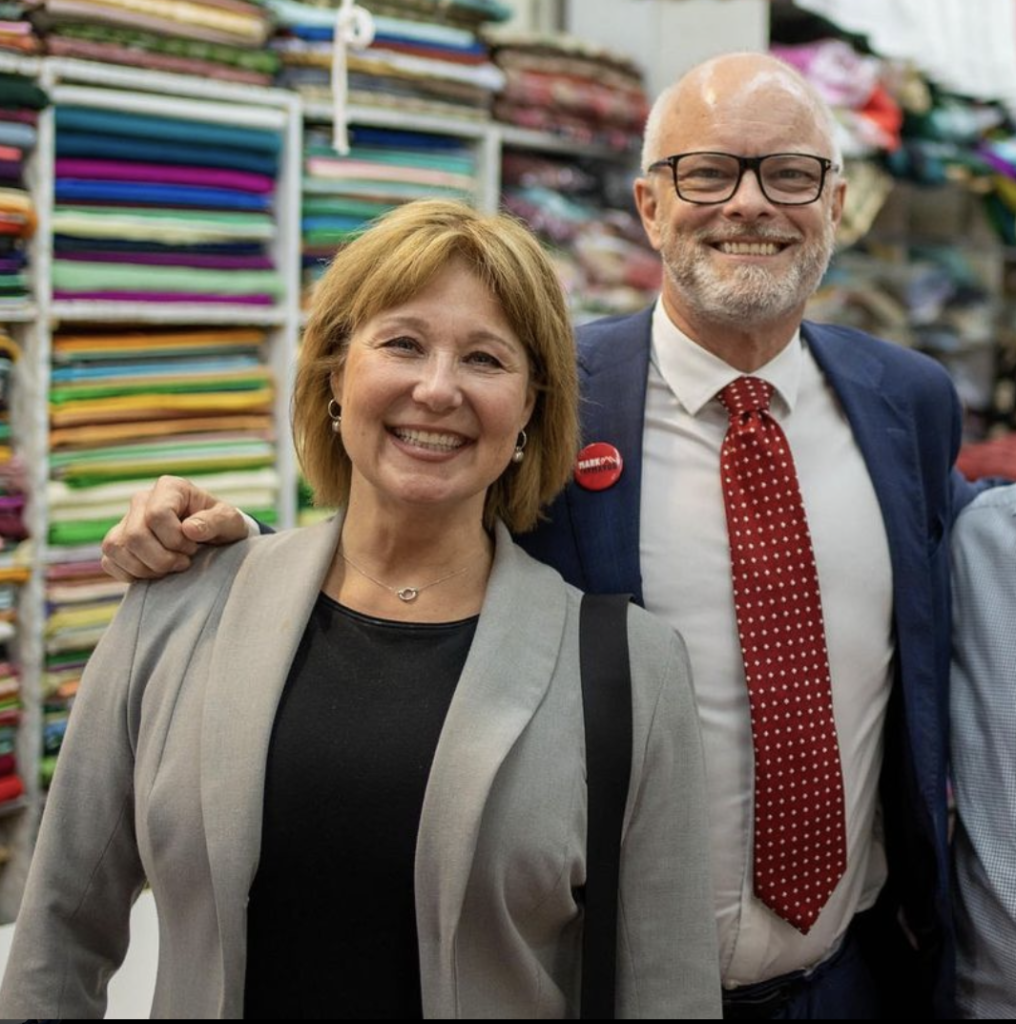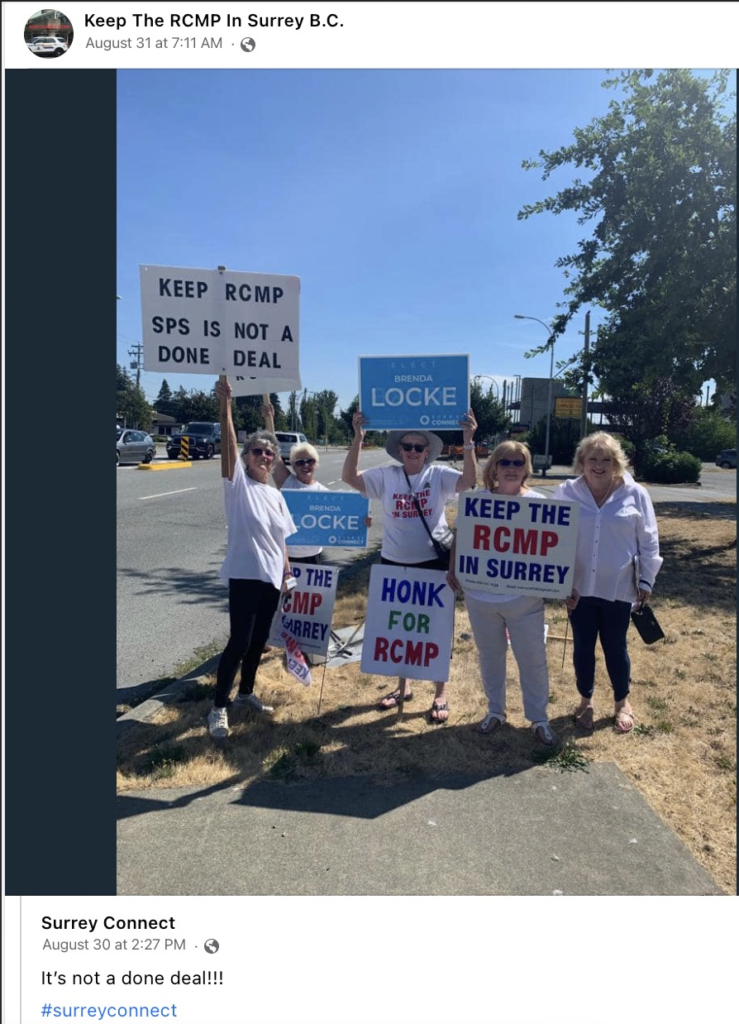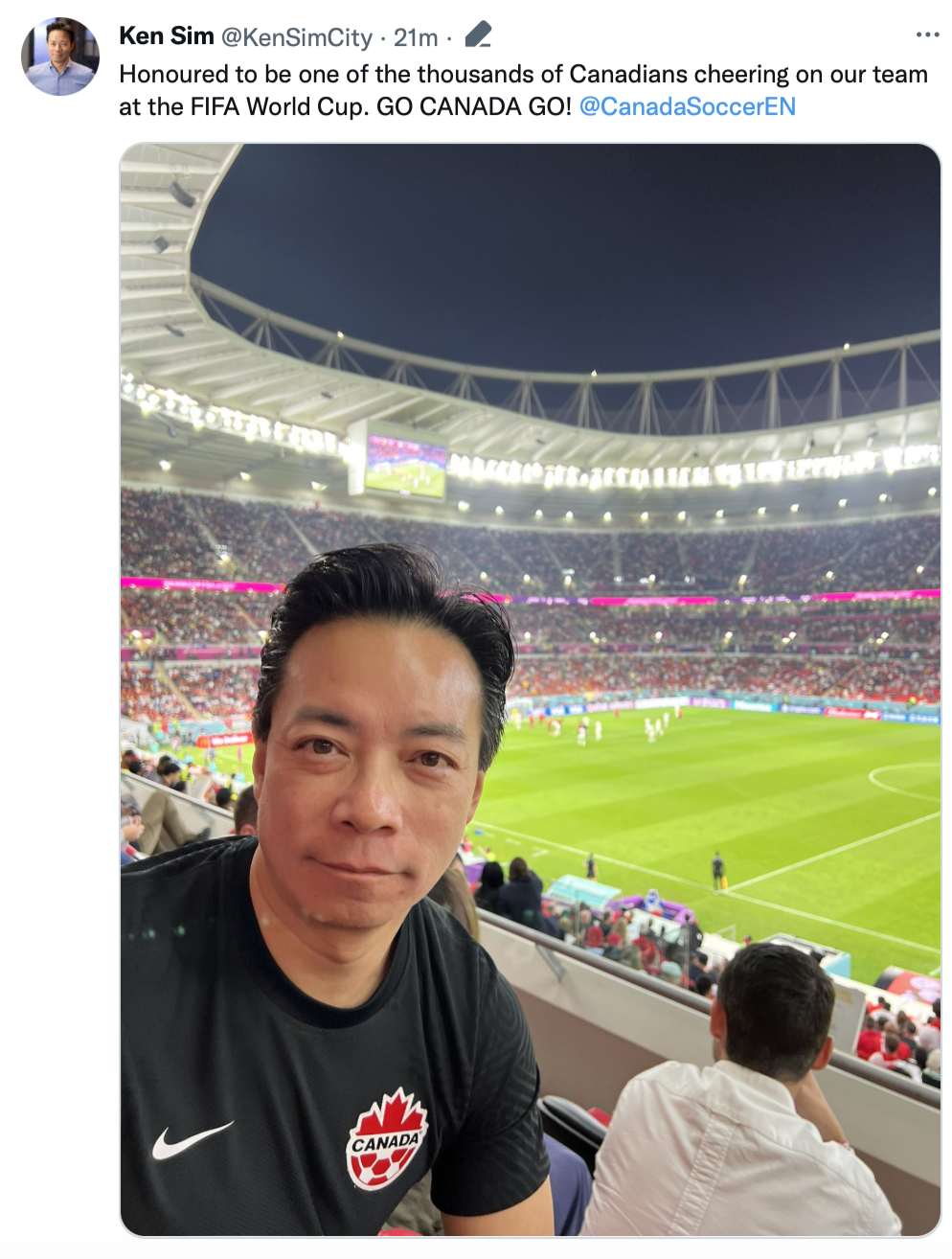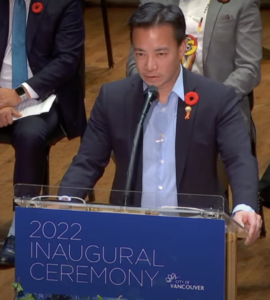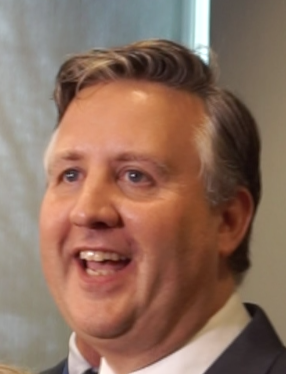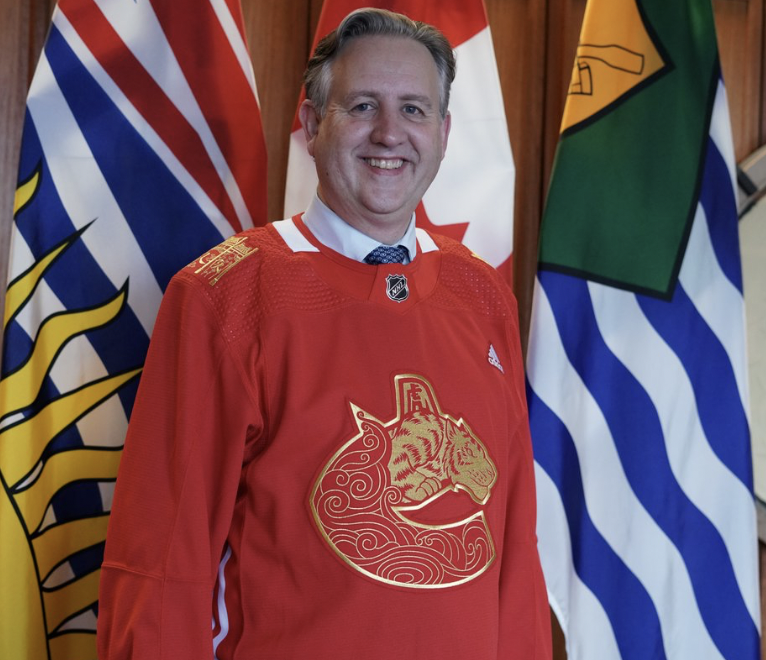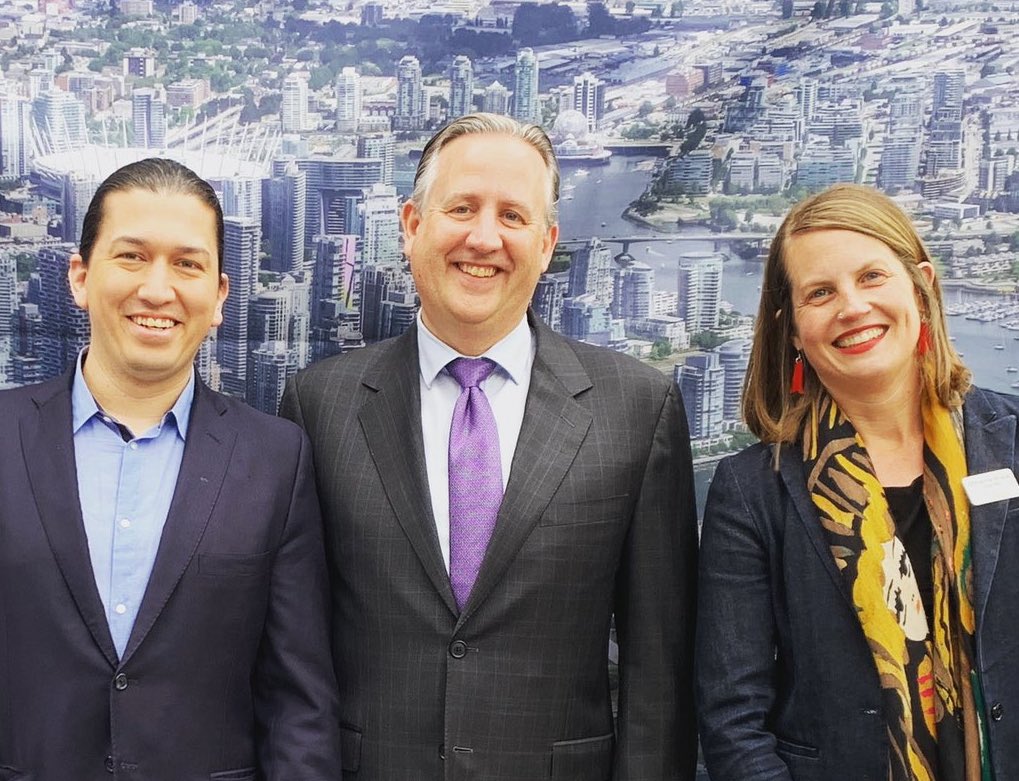Sister of Late VPD constable testifies at opening of coroner’s inquest
Bob Mackin
Almost three weeks before she died of suicide, a Vancouver Police Department constable’s impact statement accused a senior officer of ruining her personal life and law enforcement career.

Late VPD Const. Nicole Chan (Legacy.com)
At the Jan. 23 opening of a B.C. Coroners Service inquest in Burnaby, Jennifer Chan paraphrased from the Jan. 7, 2019 statement by her late sister, Nicole Chan. The 30-year-old described suffering depression and anxiety, and feeling unsafe because of a superior in the human resources section, Sgt. David Van Patten. She had lost her ability to concentrate and could no longer talk to criminals, one of her talents, and experienced flashbacks of coercion.
”She believes that it stems from the sexual assault inside David’s apartment and she’s unable to develop and maintain personal relationships because of that,” Jennifer Chan testified. “She felt that she’s tried her best with different kinds of sessions, going to see psychologists and taking courses and therapies to try and help herself recover. It also says that she’s a solutions-based person and not someone who gives up easily.
“At the end, she’s really just kind of pleading for justice, and someone to help fight for her. There’s only one person and it’s ruined her personal and professional life, and she wanted to be a survivor and not another victim.”
Nicole Chan originally complained in 2017 to Chief Adam Palmer. The Office of the Police Complaint Commissioner (OPCC) was investigating Van Patten in December 2018 for discreditable conduct. In January 2020, nearly a year after Nicole Chan’s death, OPCC ordered the VPD to fire Van Patten for exploiting the power imbalance.
Jennifer Chan said her sister often visited her while off-work. They would watch movies or go for dog walks, and Nicole told her “bits and pieces” of the case against some officers at work after she had been put on desk duty.
“I thought an officer was blackmailing her to have sex with her basically, it’s my understanding, and I knew that the officer was in HR,” she said.
Nicole Chan left post-secondary schooling early in 2009 to pursue a career in policing, wanting to speak up for victims. She initially worked in the police jail cells and had ambitions of joining the emergency response team. She became a full-time officer two years later in 2011.
“She just wanted to be able to do right in the world,” Jennifer Chan said.
In early 2019, she said her sister was on a rollercoaster of emotions, feeling isolated and helpless, experiencing gossip at work and felt the union could not help, because her superiors were also members. She filled her time pursuing hobbies, like making dog collars.
“She would talk to me about like, oh, I don’t know, what should I do next? Like, should I open a coffee shop or something out of the VPD world, I suppose. Because she didn’t feel like she could go back.”
Jennifer Chan recounted Jan. 26, 2019, when she received a call while attending a nighttime event at the Vancouver Aquarium with her partner. Nicole’s boyfriend said that she had locked herself in a bathroom at their residence in the Olympic Village and had the means to injure herself.
“Eventually, I did get her on the phone, I think just for a brief minute and she kind of brushed it off like, ‘oh, I’m fine, we’re just having a fight.’ Like, I’ll talk to you later, kind of thing. And that’s pretty much the end of the phone call and that was actually the last time I talked to her.”
The mental health unit took Nicole to a hospital under the Mental Health Act. When Jennifer tried texting and calling Nicole the next morning, Jan. 27, 2019, there was no reply. A friend helped call around to hospitals to locate her ailing sister to no avail.
“We didn’t hear anything back, we didn’t know anything, basically, until later on that afternoon when Chief Adam Palmer and another constable came by my house and notified me that Nicole had passed away,” Jennifer Chan said. “And that’s when I learned that she actually passed away in the morning.”
Presiding coroner Susan Barth and the five-person jury also heard that Nicole Chan had prior suicide attempts, including an off-duty vehicle crash in 2012 and an incident in Bellingham, Wash. in 2016.
Thirty-two witnesses were scheduled through Jan. 30. The list does not include Palmer, who sent lawyers David McKnight and Naomi Krueger. Also missing from the list are Van Patten and another former officer, Sgt. Greg McCullough, who had a relationship with Chan in 2015 and resigned after a suspension.
Sgt. Cory Bech is scheduled to testify on Jan. 26. The Chan family’s lawsuit against the VPD and several officers alleges that Bech recruited Chan to join the force and had a sexual relationship with her.
The objective of a coroner’s inquest is not to find fault, but to find facts and make recommendations to prevent deaths.
- If you or someone you know is having thoughts of suicide, call 1-800-784-2433 (1-800-SUICIDE), or call your local crisis centre.
Support theBreaker.news for as low as $2 a month on Patreon. Find out how. Click here.
Bob Mackin Almost three weeks before she died






